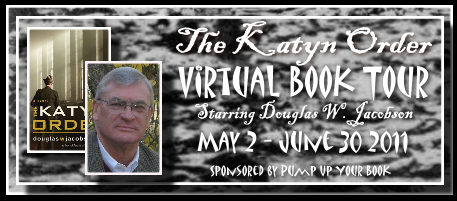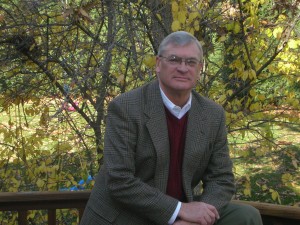I am pleased to have author, Douglas W. Jacobson, author of The Katyn Order here on Acting Balanced as part of his Pump Up Your Book virtual tour:
here on Acting Balanced as part of his Pump Up Your Book virtual tour:
How to write great
historical fiction novels
By, Douglas W.
Jacobson
Author of, The Katyn Order
Who could ever forget Natalie? The strikingly beautiful,
strong-willed heroine of Herman Wouk’s classic historical novels, Winds of War and War and Remembrance. We followed Natalie through Poland Italy Auschwitz .
And along the way we gained a greater understanding of the greatest human
conflict in history, World War Two.
This, to me, is the wonder of well written, well researched
historical fiction. We are entertained by fascinating characters and
well-crafted plots, all while becoming immersed in real-life history. When I
think about historical fiction—stories set in the firm foundation of real
life—I’m reminded of the old saying, “You can’t make this stuff up.” And it’s
true. There is nothing we can imagine that is any more intriguing, sometimes
devastating, and other times euphoric, than the human experience throughout
history.
And what better way to experience human history than through
finely crafted works of fiction. From Herman Wouk’s World War Two classics, to
Charles Frazier’s Civil War masterpiece, Cold
Mountain, Ken Follett’s spellbinding story of 11th century
intrigue, Pillars of the Earth, or
Jean Auel’s incredible pre-historical tale, Clan of the Cave Bear, historical fiction transports us through time
on the wings of literature’s most compelling characters.
We can fight the Napoleonic Wars alongside Bernard
Cornwell’s, Captain Sharpe, or the Spanish Civil War with Hemingway’s, Robert
Jordan. We can feel the grit of the Oklahoma Dust Bowl as we trudge along
beside John Steinbeck’s, Joad family, and we can share the secrets of biblical
slaves and artisans through the eyes of Jacob’s only daughter, Anita Diamant’s,
Dinah.
But there is one thing that all of these marvelous authors
have in common. They did their homework. They did the RESEARCH. What sets historical
fiction on a pedestal is the research, the assurance that the author is
accurately describing the time, place and setting of his or her story. We can
make up the characters, and the plot, but the stories have to accurately
reflect the time period. It's why we read historical fiction. Of the early
reviews I've received on The Katyn Order,
I'm particularly proud of the one from The Library Journal, which said,
"Compelling authenticity and evocatively rendered detail will captivate
history buffs and thriller fans alike."
As an author, I love the challenge of creating original
characters then sending them on their way though a labyrinth of actual
historical events. They may survive, or they may not, they may fall in love, become
consumed with rage, or shrivel away in the eye of danger. But the plot will be
real. After all, it’s history.
You can visit his website at www.douglaswjacobson.com.



 Logging you in...
Logging you in...
manyhatsmommy 29p · 726 weeks ago
My recent post Wednesday’s Woman–Candy Foote- Shopper Extraordinaire
Sassy · 726 weeks ago